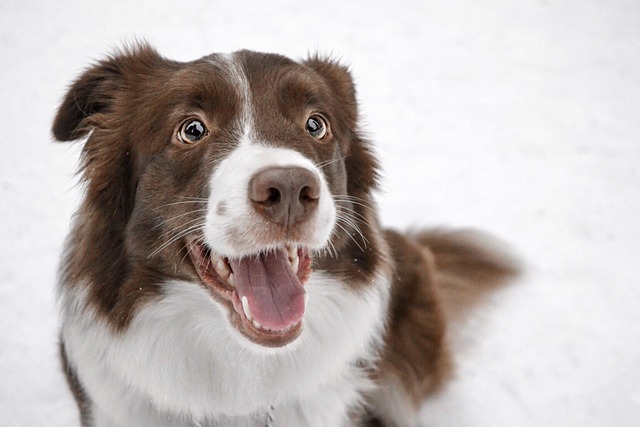
How do i train my dog to be obedient?
Watching your dog dart across the park ignoring your calls isn’t just frustrating—it can put them at risk near busy streets or public spaces.
German Shepherds are known for their sharp minds and eagerness to please, but many new owners wonder when to start shaping that intelligence into good behavior. The truth is, these dogs are ready to learn earlier than you might think—if you tailor the training to their age and development.
Puppies as young as 8 to 12 weeks old can begin picking up basic skills. At this stage, their brains are like sponges, absorbing everything around them. Focus on simple, fun lessons: teaching them to respond to their name, gentle handling during grooming, and short "sit" commands. Socialization is just as crucial here—exposing them to different people, sounds, and other pets in controlled settings helps prevent fearfulness later. Keep sessions short, 5 to 10 minutes max, and end on a positive note with a treat or play. This builds trust and makes them look forward to German Shepherd training.
By 3 to 6 months, your German Shepherd puppy’s attention span grows, making it a great time to strengthen basic obedience. Add "stay" or "come" to their repertoire, using upbeat tones to keep them engaged. This is also when you can start reinforcing good leash manners—critical for staying compliant with local rules about public spaces. Remember, their bodies are still growing, so avoid intense physical drills that could strain joints. Positive reinforcement, like praise or their favorite toy, works far better than scolding; these dogs thrive on approval.
 Around 6 months to a year, your German Shepherd enters their teenage phase—think of it as their rebellious streak. They might test boundaries, but this is actually a prime window for more advanced training. Work on longer stays, off-leash recall (in safe, enclosed areas, of course), and even task-specific skills if you’re inclined. Consistency is key here—skip a day, and they might think the rules don’t apply. Always align your training with local regulations, like keeping them leashed in public parks unless designated otherwise, to keep everyone safe.
Around 6 months to a year, your German Shepherd enters their teenage phase—think of it as their rebellious streak. They might test boundaries, but this is actually a prime window for more advanced training. Work on longer stays, off-leash recall (in safe, enclosed areas, of course), and even task-specific skills if you’re inclined. Consistency is key here—skip a day, and they might think the rules don’t apply. Always align your training with local regulations, like keeping them leashed in public parks unless designated otherwise, to keep everyone safe.
Don’t let anyone tell you an adult German Shepherd can’t learn new tricks. Even dogs over a year old can master commands, though it might take a bit more patience if bad habits have set in. The trainable age for a German Shepherd isn’t a strict cutoff; it’s a spectrum where adaptability matters most. Older dogs often have better focus, so use that to your advantage with structured sessions.
What really matters isn’t hitting a specific age marker but matching the training to their maturity. A 10-week-old puppy won’t handle an hour of drills, just like a 1-year-old won’t thrive on endless repetition of "sit." Pay attention to their energy levels, adjust your approach, and always prioritize kindness. With the right timing and tone, your German Shepherd will turn those trainable instincts into a lifetime of good behavior.

Watching your dog dart across the park ignoring your calls isn’t just frustrating—it can put them at risk near busy streets or public spaces.

New puppy owners often find themselves rushing to clean up accidents before they set in, and that’s where puppy pad training becomes a game-changer.

If you've noticed your dog's waistline disappearing and your veterinarian has mentioned those few extra pounds, your first instinct might be to simply reduce the amount of food in their bowl.

Training a dog to use a designated spot indoors isn’t as daunting as many new owners fear, but it does take consistency and an understanding of your pet’s needs.

That moment of dread on a walk is all too familiar for many new dog owners. You see another dog approaching down the sidewalk of your neighborhood

If the sight of another dog on your neighborhood walk makes your heart sink as your own dog erupts into a frenzy of barking and lunging, you're not alone.